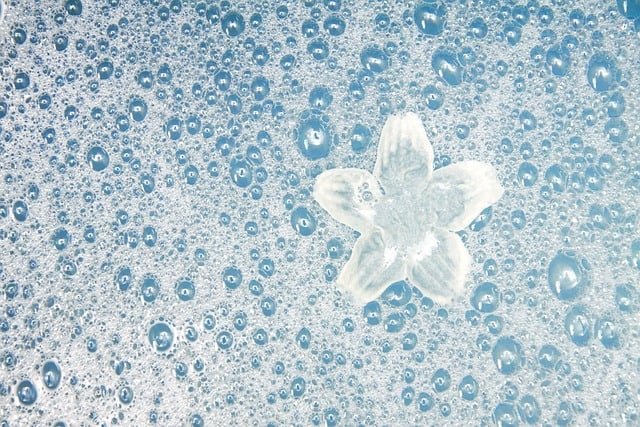
What Happens If I’m Uncircumcised and I Don’t Use Antibacterial Soap
There is a lot of contradictory and sometimes incorrect information online about caring for an uncircumcised penis. Learning the correct way to care for this vital organ promotes your physical well-being. Regularly using antibacterial soap for uncircumcised men and washing with warm water is a simple way to establish a healthy routine.
How Should I Clean an Uncircumcised Penis?
Wash up with warm water, antibacterial soap, and a washcloth. If you don’t, you are likely to suffer from various infections caused by bacteria buildup in your foreskin.
For those with sensitive skin, ask your doctor about the best options available. You should also avoid overcleaning as it can irritate the skin. Excessive washing may remove skin oils that help to reduce friction and keep the skin moist. Cleaning your genitals with antibacterial soap often may also help clear mild health complications.
Possible Infections for Uncircumcised Men
If you are uncircumcised and don’t use a bar of antibacterial soap, you are at risk for the following infections or symptoms:
Smegma
Smegma is a thick, whitish/brownish discharge consisting of a build-up of dead skin cells, oil, and other fluids under the foreskin. It’s normal to have smegma as it guards and naturally lubricates the penis. Some men have greasier membranes than others and tend to have extra smegma. If you have too much or it becomes odorous, you may need to clean more.
Some uncircumcised men produce too much smegma and do not clean it up correctly or often enough. If left unwashed, it creates a tight ring around the tip of the penis. The ring makes it difficult for urine or other fluids to flow through the opening at its base into the urethra and into the bladder. The buildup also causes irritation in this area, which may lead to inflammation or infection around the foreskin itself.
Posthitis
Posthitis occurs when a bacterial infection develops under the foreskin. It’s usually caused by poor hygiene.
Symptoms include:
- Pain and tenderness in the head of your penis and swelling around it (balanitis). This may be accompanied by itching or redness on the head and shaft of your penis. The pain may spread down into your scrotum as well.
- A red rash around or inside your foreskin called balanoposthitis, which often looks like eczema. Have a doctor check you out to rule out other causes, such as cancer and HIV.
Balanitis
Balanitis occurs when bacteria or yeast breed under the foreskin. Balanitis causes inflammation of the head of the penis and is characterized by redness, swelling, and pain.
If you have balanitis, you’ll need to exercise caution to prevent urine from irritating your reddened skin. Withdraw your foreskin when emptying your bladder. Smoothly wipe any wet part of the head of your male genitalia after you finish. You should use an antibacterial soap to clean up.
Antibacterial Soap for Uncircumcised Men
The skin around your penis is thinner and more delicate than the skin on the rest of your body. This makes it more prone to irritation, especially for uncircumcised men. Washing with an antibacterial soap helps to keep the area clean and prevent bacterial infections.
If you are uncircumcised, wash your penis with an antibacterial soap every day. When choosing an antibacterial product, look for one that’s gentle on your skin.
If you are uncircumcised and don’t want to risk getting an infection, always use antibacterial soap for uncircumcised men when washing. It’s the best way to avoid bacteria buildup under your foreskin and on the penis head. Taking good care of your personal hygiene is one of the best ways to stay safe and healthy throughout your life.
